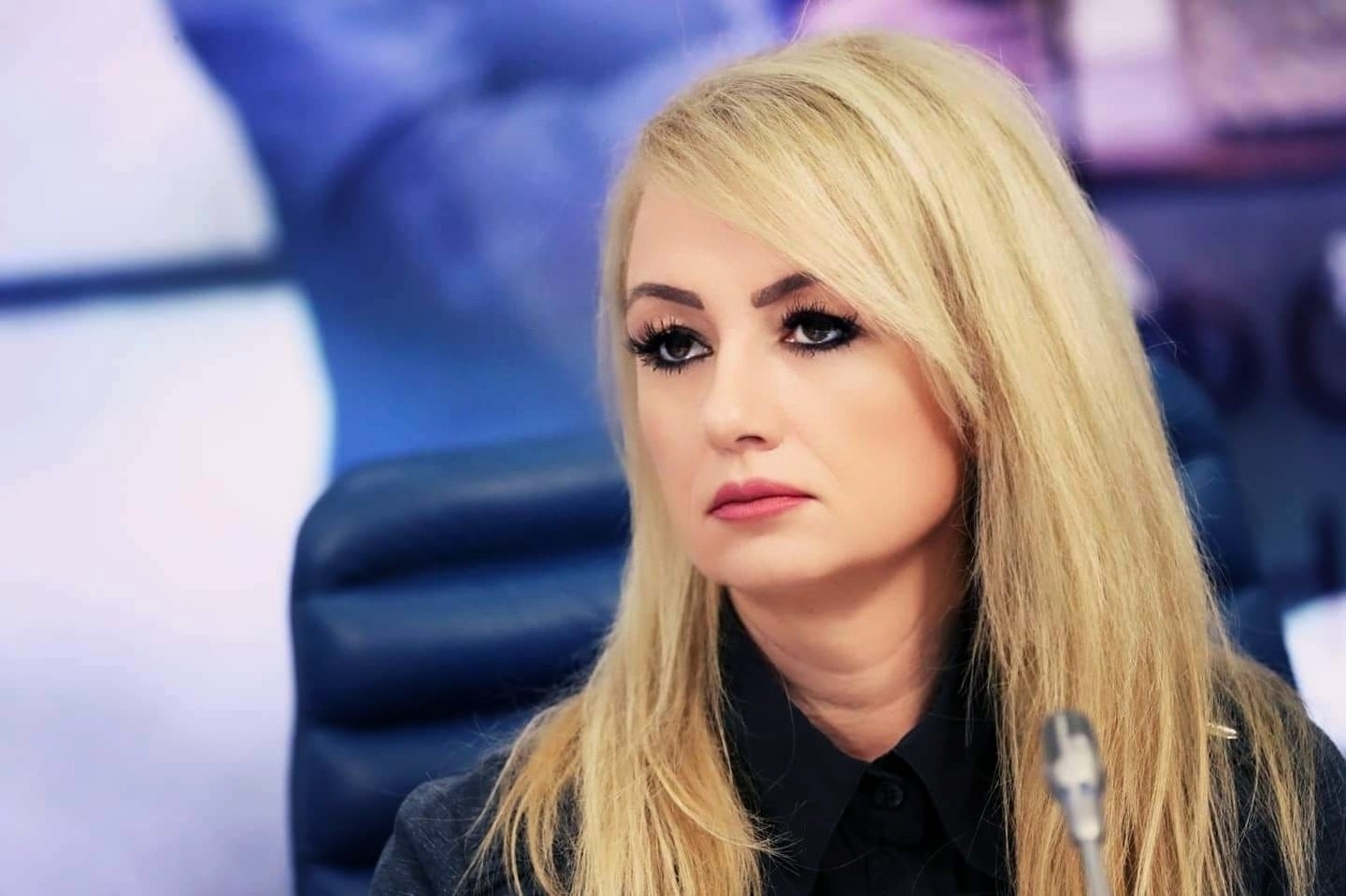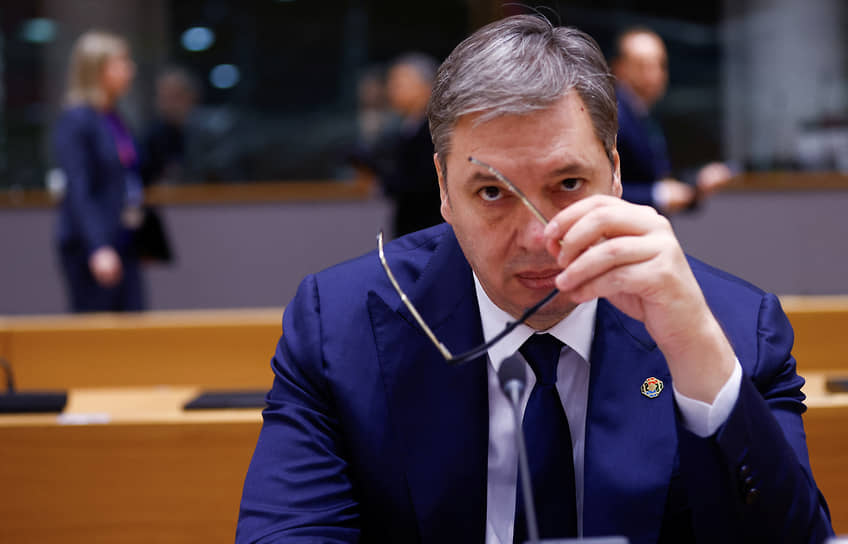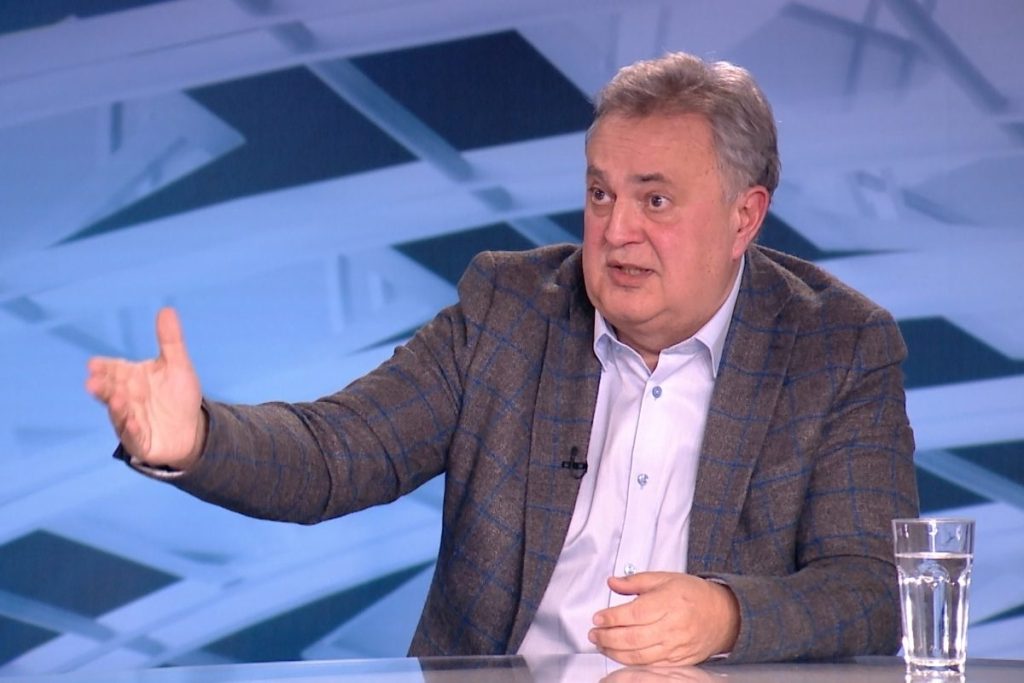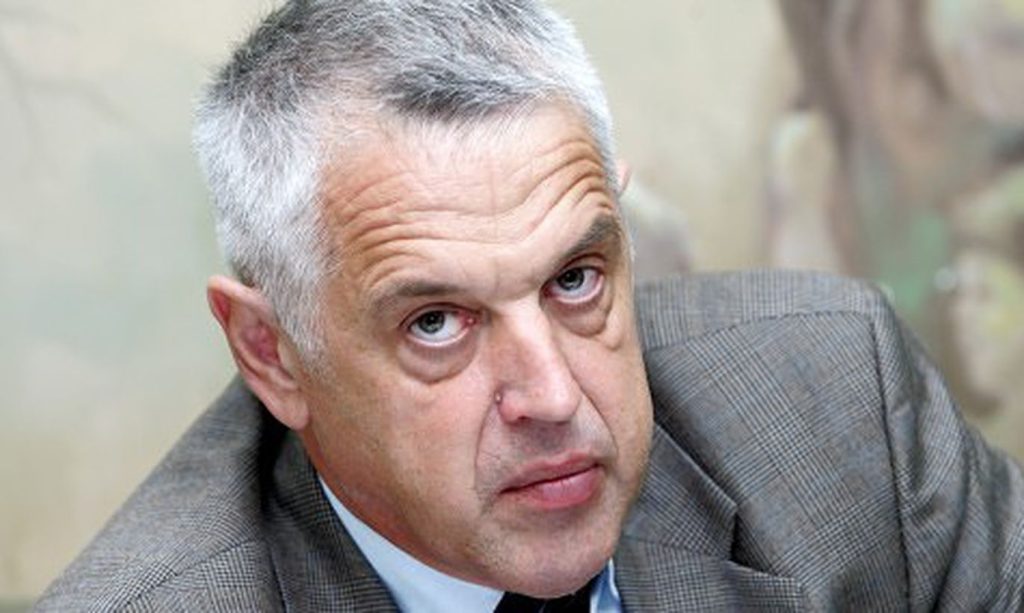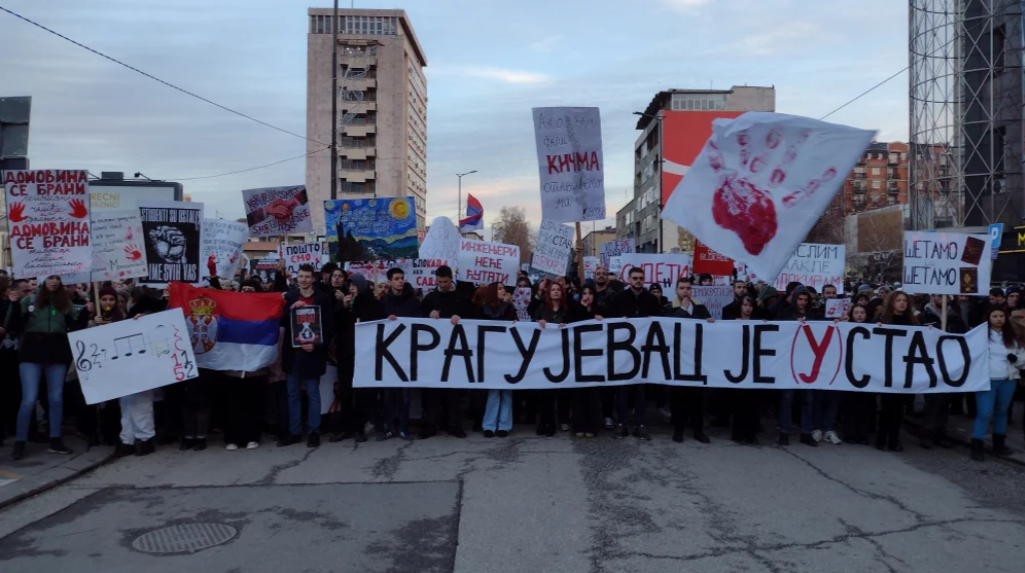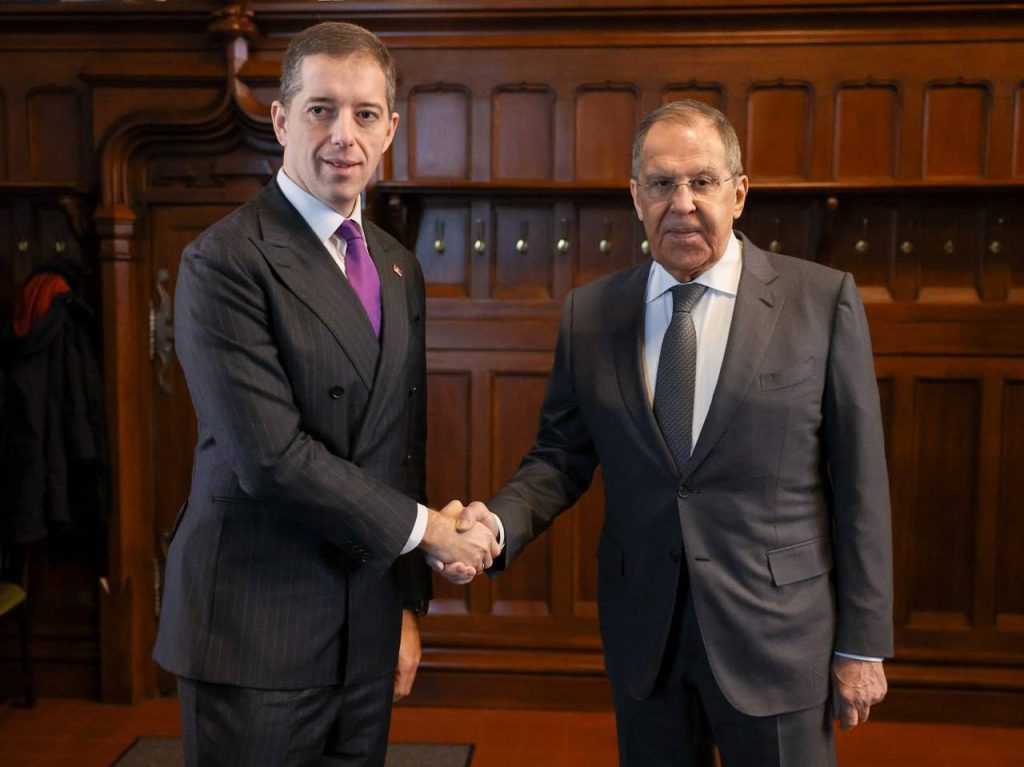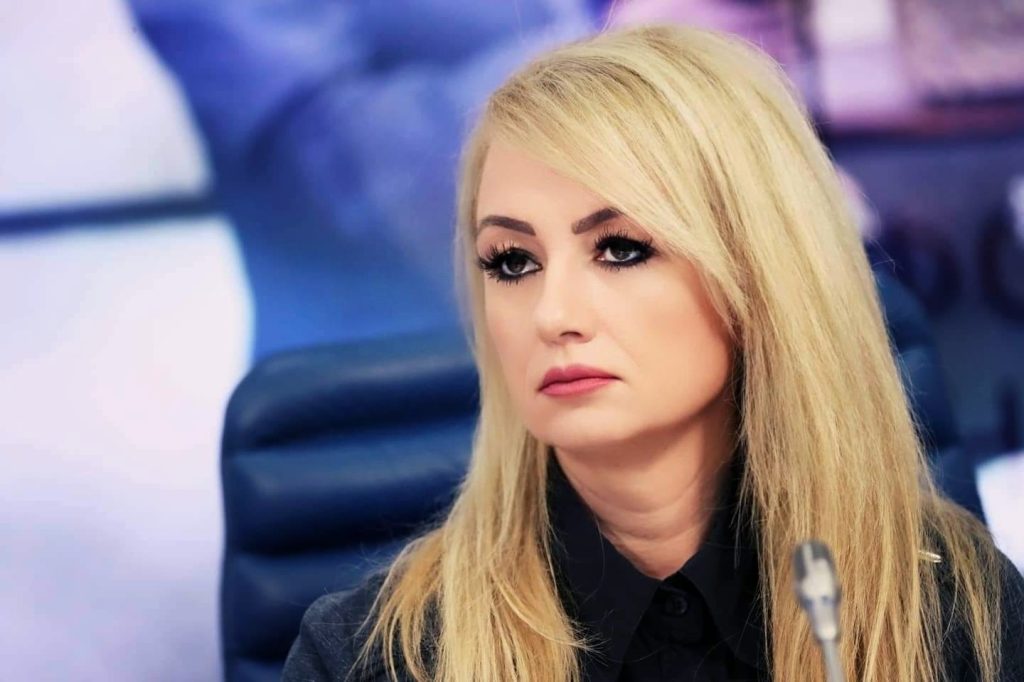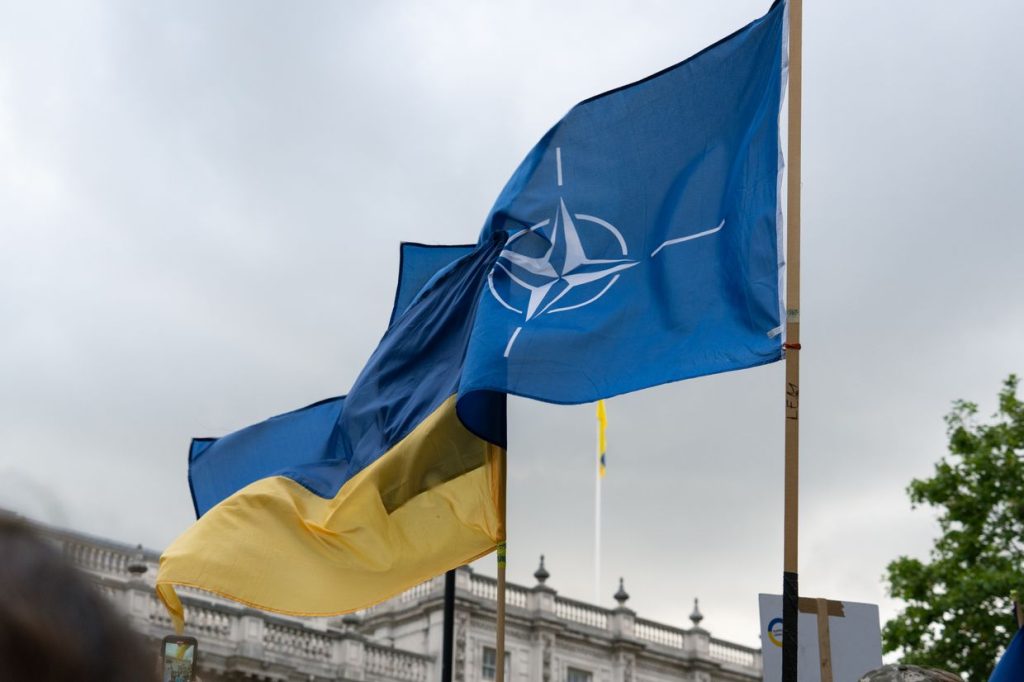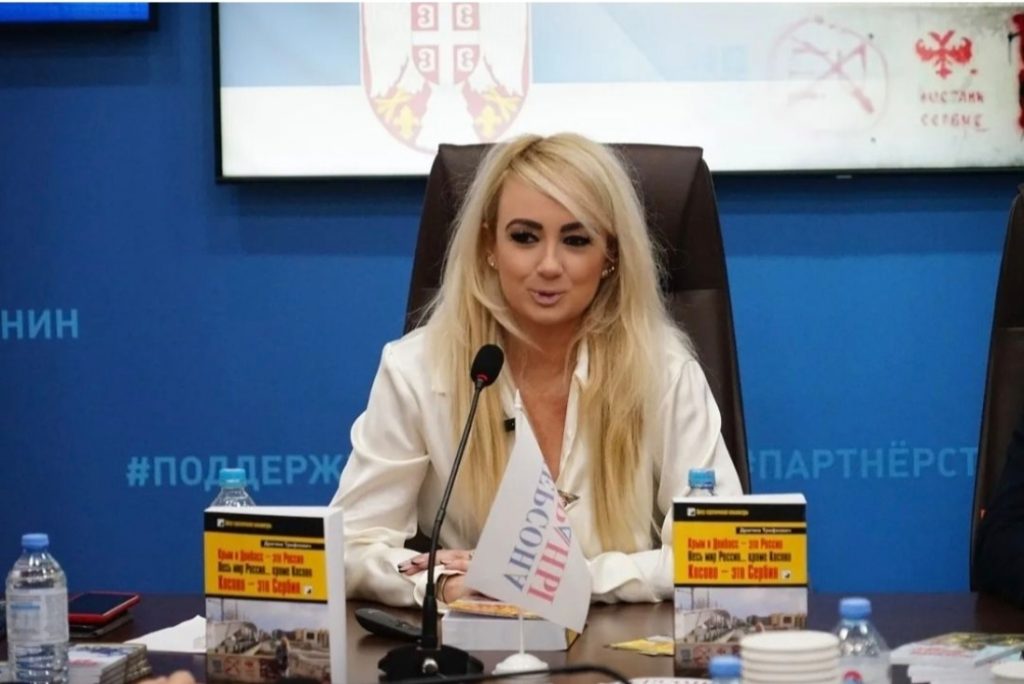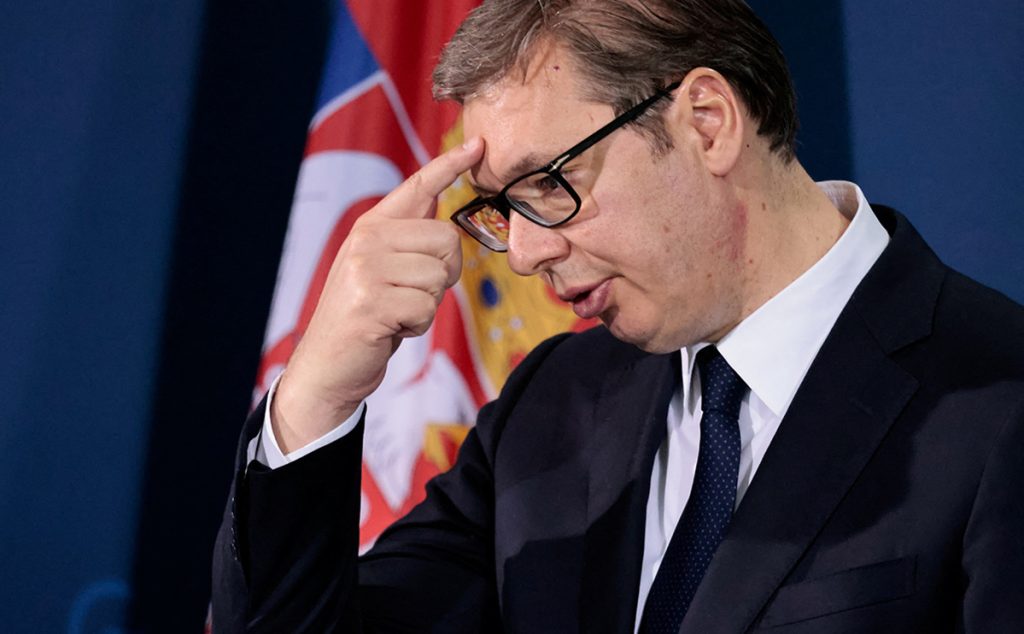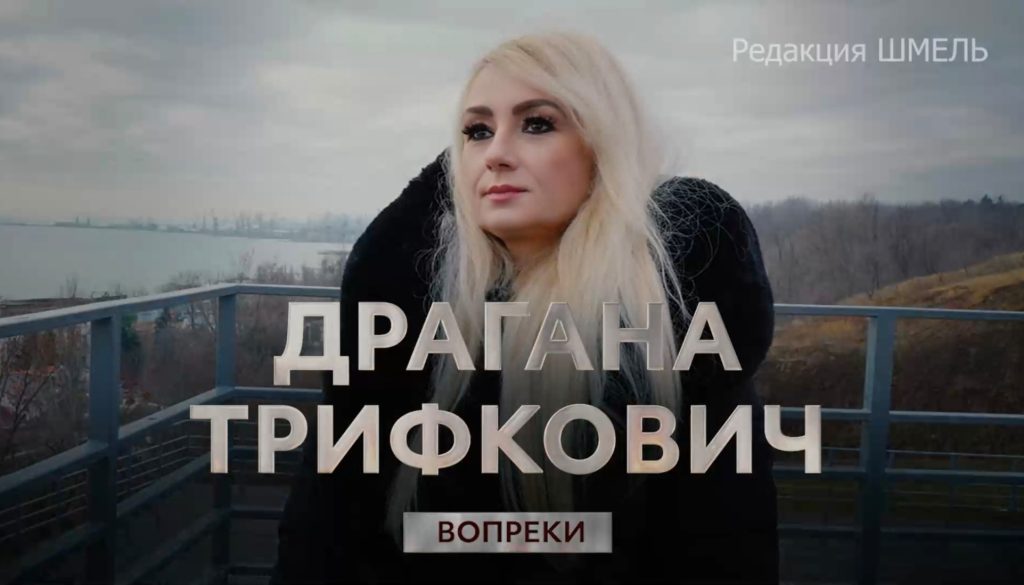Dragana Trifkovic, Director General of the Center for geostrategic studies
If we talk about the majority of the citizens of Serbia, regarding the foreign policy orientation, although there is a loud and aggressive pro-Western elite very present in the public space, there is no doubt that the vast majority of citizens are committed to cooperation with Eastern partners. This is not only affected by the sealed for all time impression that remained after the NATO aggression on Serbia in 1999. and healthy logic.
From the West, we receive constant blackmail and threats that amount to demands that "cooperation" develop exclusively in the interest of one side. Where the regime in Belgrade is forced (by the blackmail of the West, which has evidence of the regime's involvement in crime, corruption, etc.) to make permanent concessions to the detriment of state and national interests, which is most reflected in decisions and procedures regarding Kosovo and Metohija.
From the East, we receive offers that are not conditioned by political blackmail and are mutually beneficial for political, economic, cultural and other cooperation. Given that Serbia is under the complete control of the Western powers through a blackmailed regime, alienated institutions and a built network of influence, and bribed elites, cooperation with the East is extremely limited, especially with Russia after the start of the special military operation (SVO).

Photo: Bill Clinton, Aleksandar Vučić and ćamil Duraković at the Clinton Foundation Conference, 2016.
Macron said a few years ago: NATO is clinically dead. After the military defeat in Ukraine, the only possible solution will be the removal of NATO from the apparatus. But it is not only the survival of NATO, but also of the EU. In such circumstances, Serbia is increasingly deprived of the possibility of survival by its firm attachment to the dead.
Aleksandar Vucic has been skillfully manipulating the majority pro-Russian electorate for years, at the same time quietly bringing Serbia closer to Euro-Atlantic structures, especially NATO. How did he do that? He simply had all the possibilities at his disposal: the favor and approval of the Western centers of power, the support of the Western media and full control over the domestic media, the support of the Western-controlled Serbian deep state, and the restraint of Russia. With the approval and support of the West, Vucic managed to completely destroy and subdue the opposition (especially the right) and thus remain without political competition. Aleksandar Vucic was once chosen as the" leader " of post-democratic Serbia, although he was much earlier prepared for that role. What is not often mentioned in his biography, and I think is crucial, is his stay from his youth in English Brighton. In one interest he claimed that he worked there as a Salesman, while in other sources it is stated that he studied English. However, after his stay in England, the law graduate began to work in journalism and politics, joining the Serbian Radical Party, which well-informed sources claim is one of the most successful projects of Britain.
From there, his political career developed at cosmic speed, which is not possible without serious support.
Although from the start Vucic courted the public with false patriotism, unlike his political father Seselj, he did not have too much success. For this reason, a plan was made to use the "managerial" skills of Nikolic, which was more acceptable, in order for Vucic to come to power through him. In twelve years of his rule, Vucic (as the holder of all three branches of government) did much more for the West than the pro-Western elites thought to do. He signed the sofa Agreement and IPAP with NATO, he acquired NATO weapons and introduced NATO standards in the army, he signed the Brussels and Washington agreements and accepted the Franco-German plan for Kosovo's independence, he signed the "seven point plan" for Presevo Valley, Bujanovac and Medvedja. He abolished military exercises with the Russian Federation and continued to organize them with NATO. He went further. He has sent large quantities of weapons and ammunition to Ukraine, marking the first time in history that Serbia has sent weapons to a side waging war against Russia. He authorized the Serbian mission to the UN to vote for all anti-Russian resolutions, sent his wife to pray with fake priests in the hijacked Kiev-Pechersk Lavra, etc.
All this completely coincides with the plans of the West (revealed in WikiLeaks) that the pseudo – patriotic authorities will be much easier to hand over Kosovo and place Serbia alongside the West, especially if Serbia receives a "financial injection" in the final phase of Kosovo's independence-which is obviously Expo 2027.
Apart from several statements by high-ranking Russian policy figures that they would ask for an explanation from Belgrade, the Russians were quite restrained about the anti-Russian moves of the Serbian regime. However, the public in Russia began to condemn such actions more and more loudly.
Aleksandar Vučić delegated Aleksandar Vulin as the main man for cooperation with Russia, which in the eyes of the Serbian public, in addition to the astonishment that there are no reactions from Moscow, further degraded Serbian-Russian relations.
However, the message publicly sent by President Vladimir Putin from Vladivostok to Aleksandar Vucic, that he is expected to attend the BRICS Forum in Kazan (22-24). October), he says that Russia will not remain reserved in the future.
The public in Serbia has already begun to debate whether Vucic will have the courage to leave even after all the Russian President's eyes. In his style, Vucic immediately replied that he would not have time to go because "the crowd is in the sixteenth", but the next day he changed his mind and denied himself saying that he did not refuse the invitation, but did not accept it. He did this in order to downplay public criticism, confuse citizens and keep them in suspense, although it is certain that he will not appear at the BRICS because of his commitments to the West.
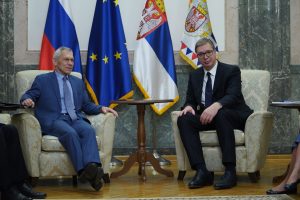
Photo: Russian ambassador Botsan-Kharchenko and Aleksandar Vucic
It is of course unacceptable for the West for Vucic to appear there, but what pleases Him is that the collective West is completely focused on the American elections that are being held on the 5th. November and the uncertainty they bring. His eventual departure to the BRICS forum would lead him into conflict primarily with Brussels, which is more rigid in terms of cooperation with Russia than Washington. Regardless of the fact that the political elites of the EU pretend that everything is in the best order and that nothing is happening, it is very obvious that there are serious and deep cracks within the EU, but that changes are happening in the member states as well (the political crisis in France is radicalized, the victory of the opposition in East Germany, the deindustrialization of Germany, etc.). Of course, the potential need of the West to organize a coup in Serbia should not be omitted if going to the BRICS forum was considered as a change in Serbia's foreign policy course. Although we have been listening to such announcements for years that serve Vučić for internal needs (since the West has no need to replace the precious Vučić for itself), in practice it has proved that the West is no longer capable of such a thing. A series of failed state coups (Turkey, Venezuela, Belarus, Georgia, Syria, etc.) show that such mechanisms have been taken away from the structures of global governance. Even the attempt to organize a coup would actually only ensure a change in Serbia's foreign policy course towards the East.
On the other hand, failure to attend the BRICS forum would put into question the achievement of a new gas arrangement with Russia (on which the sustainability of the Serbian economy depends), then further support of the pro-Russian electorate because it would no longer be possible to manipulate it, but most importantly, it would put into question Serbia's strategic position in the new multipolar world, as well as cooperation with Russia and China.which are the main carriers of multipolarization.
The ongoing tectonic geopolitical changes give Serbia a chance to fundamentally change its position, carry out re-sovereignty, preserve territorial integrity and provide a great perspective for the future. The loss of such an opportunity would be a historic defeat for our country. Of course, the question is how much the regime is able to think strategically, especially bearing in mind that the structure of government has been created by a negative selection of personnel and that it has the role of dismantling statehood.
It should also be borne in mind that this is a regime that came to power with an agreement with the West and the assumption of clear obligations concerning Kosovo, but also the foreign and political orientation of Serbia. This is the main reason why the regime continues to use manipulation to ostensibly maintain a balance between East and West, which is fundamentally undermined in favor of the West. Thus, at the same time as Vucic reiterates that European integration is Serbia's strategic commitment, Vulin in Moscow makes statements that BRICS is an attractive idea for Serbia. The Russians are wondering if Vulin may be a minister in some foreign government? Thus, as during Tito's Yugoslavia, Serbia remains the strongest trump card of the Anglo-American powers for deterring Russian influence from the Balkans.
In any case, the duplicitous policy of the Serbian regime has reached its peak and it is expected that after the expulsion of Vucic's positions, Russia will change its approach towards Serbia.
From all of the above, it would be said that this is the regime's last chance to stop manipulating the public and making wrong decisions and finally respect the will of the majority of Serbian citizens. However, it is obvious that they will not take advantage of it, but that does not mean that the chance will really remain unused.
Geopolitical changes have a greater power to influence the direction of movement from the outside regardless of internal circumstances, which is visible in the EU itself, but also in the United States. If the ruling regimes continue to ignore geopolitical changes by entering into increasing conflict with their own citizens, they will simply contribute to their replacement.
Source: Center for Geostrategic Studies
16. September 2024.

